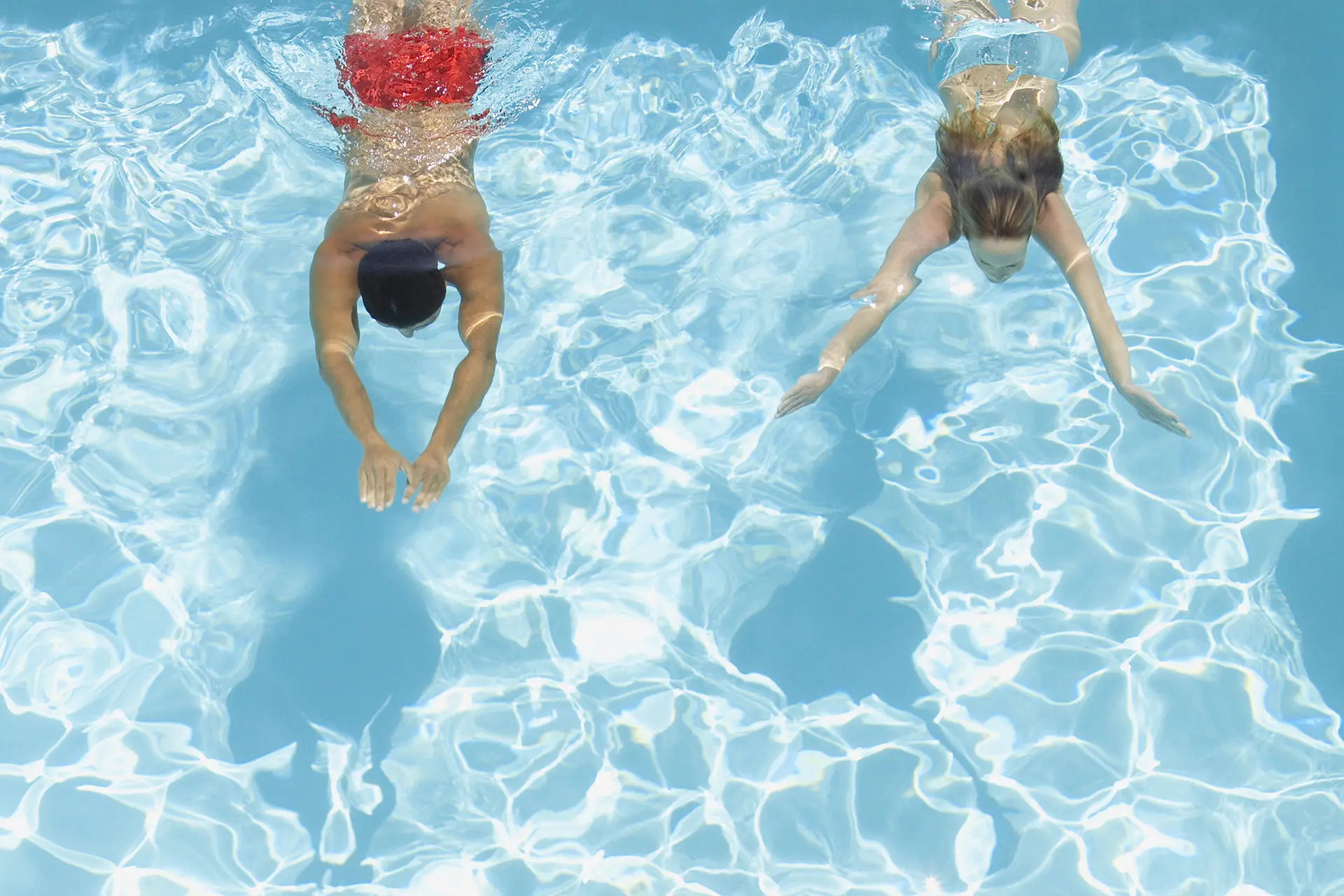
What’s The Best Time to Swim?
Introduction
Have you ever wondered if there’s a perfect time to dive into the water? Many believe that any time is a good time for swimming, but factors like water temperature, crowd levels, and even health benefits can make a big difference. Whether you’re swimming for exercise, relaxation, or fun, finding the best time to swim can enhance your experience.
In this guide, we’ll explore the best time to swim based on various factors, helping you determine when to take the plunge for maximum enjoyment and benefit.
Factors to Consider When Choosing the Best Time to Swim
Before deciding when to swim, consider these key factors:
- Weather Conditions: Temperature, wind, and sun exposure all play a role. Cooler mornings might be refreshing, while midday heat can be intense.
- Personal Schedule: The best time is one that fits naturally into your daily routine without feeling rushed.
- Swimming Goals: Whether you’re looking to exercise, relax, or socialize, your ideal swim time may vary.
Now, let’s break down the pros and cons of swimming at different times of the day.
Morning Swimming: Benefits and Drawbacks
Benefits of Swimming in the Morning
- Peaceful Ambiance: Early mornings often mean fewer crowds, allowing for a more meditative and uninterrupted swim.
- Lower Sunburn Risk: The sun’s rays are less intense in the morning, reducing the risk of sunburn.
- Energizing Start to the Day: Swimming in the morning can boost metabolism, improve circulation, and enhance mood, setting a positive tone for the day.
Drawbacks of Morning Swimming
- Cooler Water: Depending on the season, morning water temperatures can be quite chilly, which may be uncomfortable for some swimmers.
- Reduced Visibility: Fog or low light can make it harder to see, especially in open water.
- Grogginess: If you’re not a morning person, finding the motivation to swim early can be challenging.
Midday Swimming: Pros and Cons
Benefits of Swimming at Midday
- Warmer Water: By midday, the sun has warmed the water, making it more comfortable, especially in outdoor pools or natural bodies of water.
- Efficient Use of Lunch Breaks: A quick swim can be a productive and refreshing way to break up the workday.
Drawbacks of Midday Swimming
- Higher Sunburn Risk: The sun is at its peak between 10 a.m. and 4 p.m., increasing the risk of sunburn and excessive UV exposure.
- Overheating: Prolonged swimming under direct sunlight can lead to dehydration or heat exhaustion, especially in hot climates.
Evening Swimming: Why It Might Be Right for You
Benefits of Swimming in the Evening
- Relaxation After Work: A swim in the evening can help reduce stress and unwind after a long day.
- Less Crowded Pools: Many people have finished their workouts, meaning fewer swimmers and a more peaceful experience.
Drawbacks of Evening Swimming
- Reduced Visibility: As the sun sets, visibility can become a concern, especially in open water or poorly lit pools.
- Potential Sleep Disruption: Exercising too close to bedtime may make it harder to fall asleep for some individuals.
The Appeal of Night Swimming
For those who enjoy a more unique experience, night swimming offers several advantages:
- Romantic Atmosphere: Swimming under the stars can be a peaceful and memorable experience.
- UV-Free Environment: Without the sun, there’s no need to worry about sunburn or excessive heat exposure.
- Muscle Relaxation: Cool evening water can help soothe sore muscles and promote relaxation.
Night Swimming Safety Tips
While night swimming can be enjoyable, safety is key:
- Proper Lighting: Ensure the pool or natural body of water is well-lit to avoid accidents.
- Swim with a Companion: Having a partner enhances safety and provides assistance if needed.
- Know the Water Conditions: Be aware of depth, currents, and any potential hazards before diving in.
Choosing the Best Time for You
Ultimately, the best time to swim depends on personal preference and lifestyle. Here’s how to find what works best for you:
- Listen to Your Body: Some people feel more energized in the morning, while others prefer evening workouts.
- Experiment with Different Times: Try swimming at various times of the day to see when you feel strongest and most comfortable.
- Align with Your Goals: If fitness is your priority, morning swims may be best. If relaxation is your goal, an evening swim might be ideal.
Conclusion
There’s no single best time to swim—it all comes down to what suits your schedule, preferences, and goals. Whether you enjoy the tranquility of a morning swim, the warmth of a midday dip, or the peacefulness of an evening float, the key is to find the time that makes swimming most enjoyable for you.
So why not experiment? Try swimming at different times and discover what feels best. Your perfect swim time is waiting—dive in and enjoy! Want to find out more? Contact us today for expert advice.